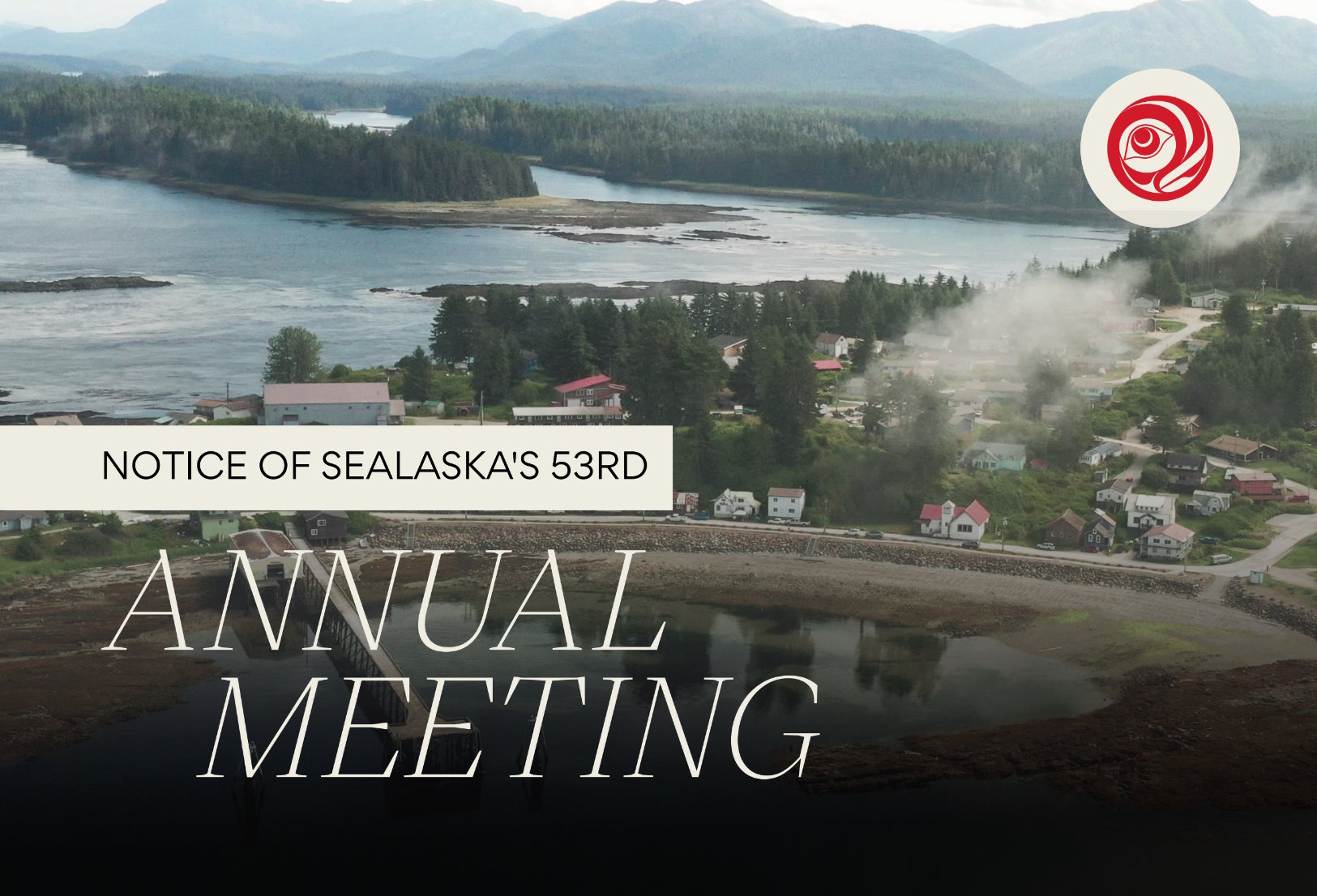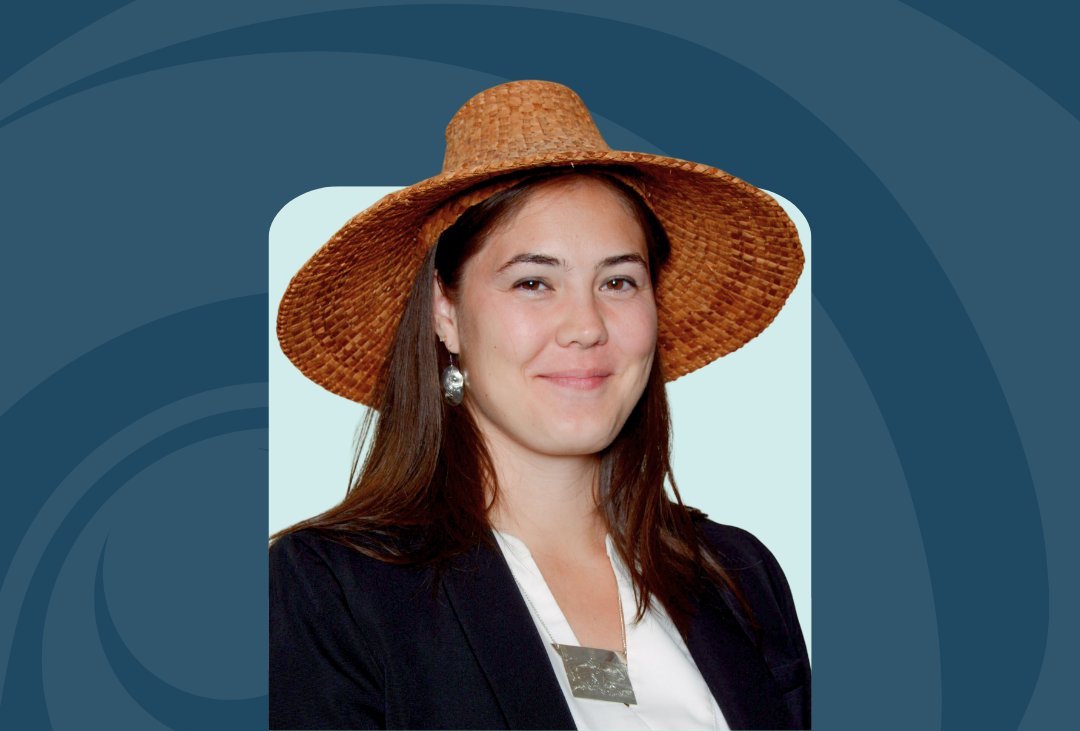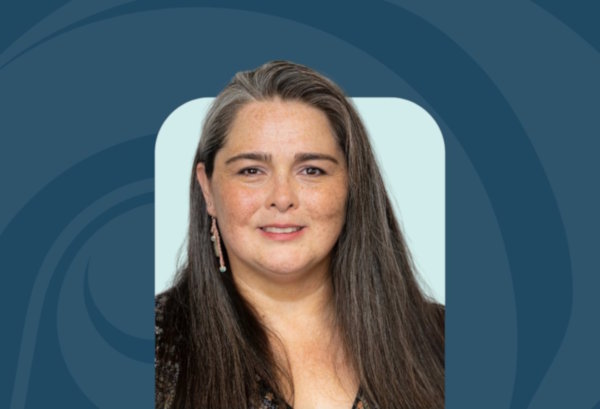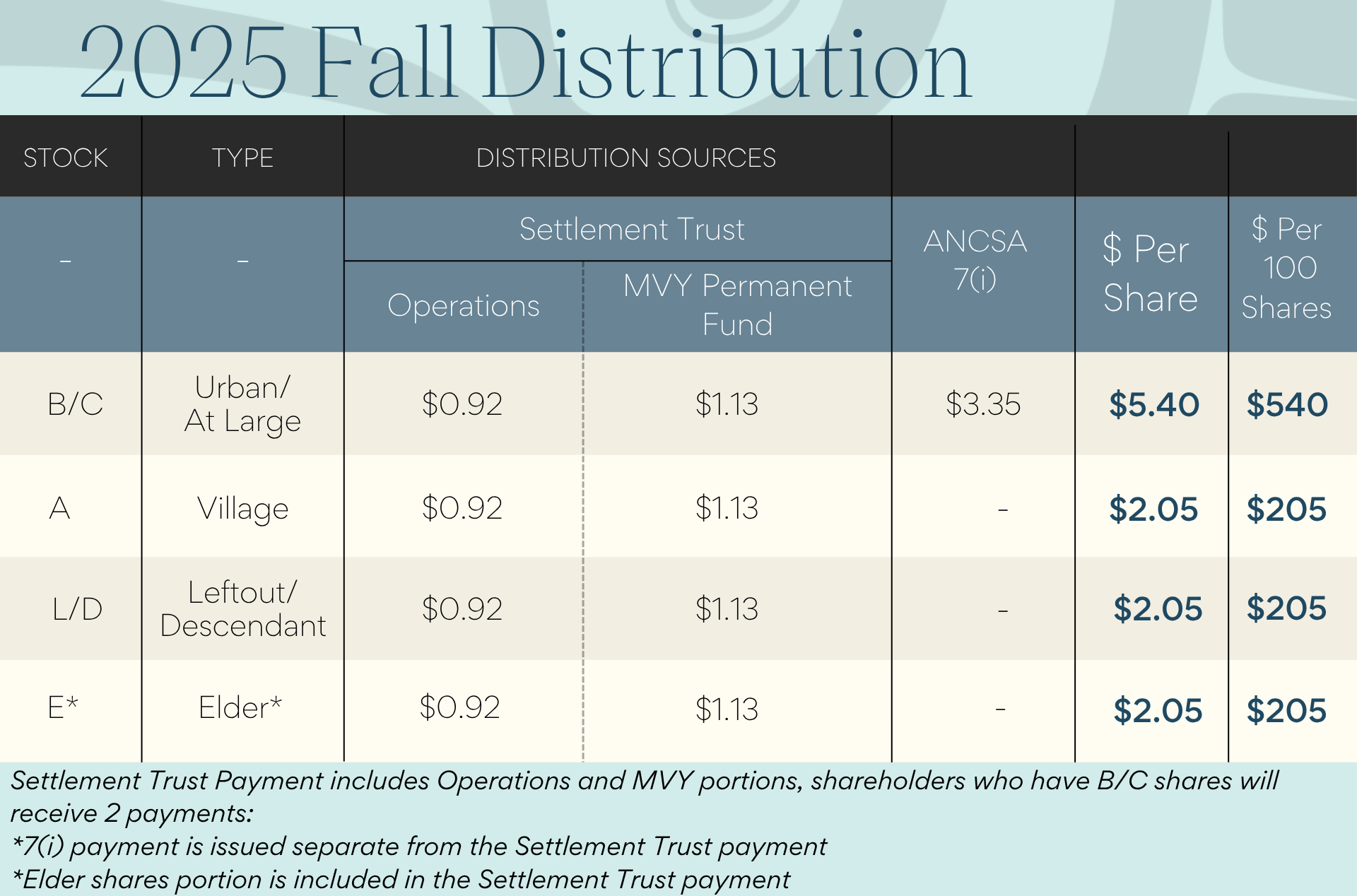Inspiration and Action: Part 2 with Sealaska Board Youth Advisor Maka Monture
Monday, June 22, 2020
After discussing where Maka came from and how she was taking on her current projects on climate change and social injustice, we asked her flat out, “why?” Why youth, why now? Her answer…
 “My people are resilient people. I remember, as a child, sitting at our old wooden kitchen table after dinner while my grandfather spoke about how the Tlingit people trained to stay strong and healthy. When he spoke about how our people were trained in the mornings, he would sit up straight as a rod, narrow his eyes, raise his hand as a blade and thrust it out to the distant horizon of our ancestors. “Heendei Kwagoot!” he would declare in an authoritative voice, imitating how, as Tlingit, we would be ordered by our uncles to go dip in the ocean’s water to strengthen our tolerance to the wild cold of our land — coming out of the water only to be whipped with willow branches to restart the circulation inhibited by the glacier-cold water. We are a strong people and our youth are going to inherit this earth, so we need to take action now.
“My people are resilient people. I remember, as a child, sitting at our old wooden kitchen table after dinner while my grandfather spoke about how the Tlingit people trained to stay strong and healthy. When he spoke about how our people were trained in the mornings, he would sit up straight as a rod, narrow his eyes, raise his hand as a blade and thrust it out to the distant horizon of our ancestors. “Heendei Kwagoot!” he would declare in an authoritative voice, imitating how, as Tlingit, we would be ordered by our uncles to go dip in the ocean’s water to strengthen our tolerance to the wild cold of our land — coming out of the water only to be whipped with willow branches to restart the circulation inhibited by the glacier-cold water. We are a strong people and our youth are going to inherit this earth, so we need to take action now.
Raised in Yakutat by our single mother and grandparents, these were the stories of our culture that were passed down to my brother and me, surrounding the traditional practices of health. We understood that the foundation of a strong person began with the mental qualities of self-discipline, humility and courage, and resilience. This foundation became important for my own journey. In 2015, I was in a hard place. With the support of my brother, Kai Monture, I worked with a Tlingit traditional healer to help save me from a place of serious suicidal ideation. Their practice and their guidance made an enormous impact on my survival and my journey of understanding self-healing, love, and the need to turn to our traditional practices for women healing from the violence forced upon us.
This led to the direction of my research for my thesis project. I focused on resilience-based methods for combating mental health disparities and trauma healing among indigenous women. In my career, I focus on the uplifting of indigenous youth and Alaskan youth in the realm of climate change — indigenous people need a home. In my spare time, I focus on the importance of the arts to mental health. In my mind, all this work comes from a cyclical nature. Our work should begin where life begins — I believe we can help save more of our people — starting with our youth and honoring our life-givers — our women.”
It was apparent that the passion and strength coming from her words did truly come from somewhere special. But we pressed on, asking her about the importance of Native youth showing unity. From her perspective it shouldn’t be now, it should’ve been decades ago. But now Alaska is on the front lines of climate change, which is just as much of a social and human rights issue as it is environmental. Climate change is already causing accelerated erosion and permafrost erosion — both of which are contributing to infrastructure deterioration. The storm surges and ice melt threaten traditional food security.
What is new to people is the concept that these vast changes in the land is also contributing to mental health disparities. Maka believes it will be the younger generations who will play an important role in addressing these challenges.
“Sometimes it means we, as indigenous people, need to be loud and disruptive — just to be heard. When politicians make decisions about our homes without us involved, it’s almost like men making decisions about the rights of women’s bodies without us involved. We should be the ones helping to make the decisions in the first place — being a part of the process. We are inheriting the devastating impact of climate change. That is what is missing — we (indigenous and youth) are missing.”
If the battle against climate change wasn’t enough, Maka is trying to turn darkness into light by shining a spotlight on another dark topic in today’s Native landscape, violence against indigenous women.
She believes that all indigenous people have a responsibility to contribute to the fight against Missing and Murdered Indigenous Women (MMIW). MMIW is a social issue on both sides of the North American border. There are systemic causes of the violence that causes the disproportionate amount of missing and murdered indigenous women and girls, of which a majority of cases have never been solved. In Alaska, this is tied to violence, assault, suicide, abuse and rape.
“We don’t just need a spotlight. This is a war against Native women — a war directly tied to historical trauma and colonization. We need protection. We need public safety. We need our leaders to help move policies and funding for public safety and protection. We need preventative measures to honor and protect our women. Without our women, our people will not continue.”
We asked her why healing has to be part of the narrative.
“Awareness isn’t enough. We’ve spent our lives naming historical trauma. It’s come in so many forms. For indigenous communities across the world, the paradigms for healing must be shifted from a deficit to resilience. The understanding must increase that the pains of our past are necessary to promote healing and resilience. As indigenous communities face high rates of depression and suicide, the answers lie within our own culture. Our answers lie within self-determination and control over our own destiny as indigenous peoples. We must acknowledge our past and honor our ancestors. Moving forward in resilience is the only way to heal from these terrible acts.”
After much discussion, it was apparent that Maka’s dedication to these causes was substantial. The last question we posed was how we move forward on these issues and how this is done together.
She explained that indigenous feminine youth and indigenous people of the Pacific know and understand the value in coming together to share our stories, ideas, and advocacy to create movements to support our communities. She envisions a reality where indigenous people and young indigenous women can continuously come to the same table to learn from each other and develop a unified voice in our action at the local, national and international level.
- To speak our truths based on our values, to tell our story, and to advocate based on our needs throughout the Pacific and the world.
- To effect change within international laws that impact our way of life such as illegal fishing, ocean acidification, and warming oceans.
- To provide a voice for the next generation in the protection of our homelands and the waterways that thread indigenous people together.
“When my vision becomes a reality, we are one step closer to making sure our genealogies still have more time on our ancestral lands. We build pathways for the rights of indigenous peoples’ rights as human rights. We control our own narratives and those of indigenous youth and women. We will live in a world where young indigenous people and young indigenous women — the voice of the land itself — will not have to fight against so many barriers for their voices to be heard on the global platform.”
Maka’s work as Sealaska board youth advisor and as program director of the Arctic Youth Ambassadors Program is crucial to serve as a connector of generations and, more importantly, to serve as a catalyst of change. Sealaska is proud to align its priorities along with Maka’s and do what we can do as a corporation to create a better business model to create healthier oceans and more sustainable communities.
Latest News
Notice of Sealaska's 53rd Annual Meeting of Shareholders
Pinned - Posted 2/12/2026The 2026 Sealaska Annual Meeting of Shareholders will be held on Saturday, June 27, in Angoon, Alaska. This year’s meeting will take place at the Angoon Elementary Gym, located at 500 Big Dog Salmon Road, Angoon, AK 99820.
Sealaska Welcomes Madeline Soboleff Levy
Posted 2/7/2026Sealaska welcomes Madeline Soboleff Levy as our new Vice President of Policy and Corporate Affairs.
Online Notary Service for Stock Wills
Posted 1/28/2026Sealaska is pleased to welcome Heather Shá xat k’ei Gurko
Posted 12/17/2025Sealaska is pleased to welcome Heather Shá xat k’ei Gurko as our new Director of Shareholder Communications.














